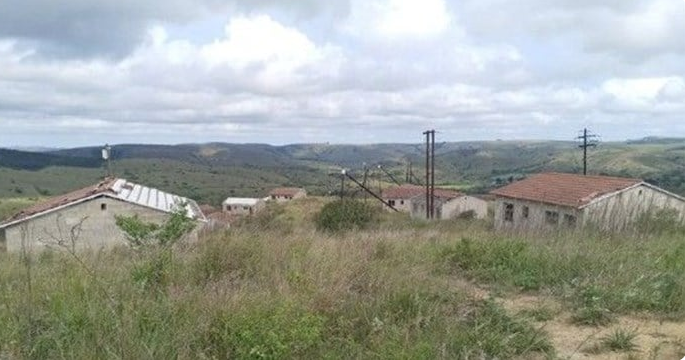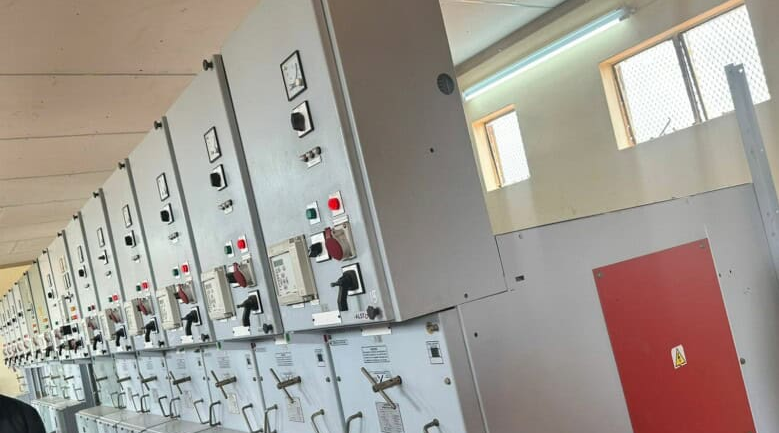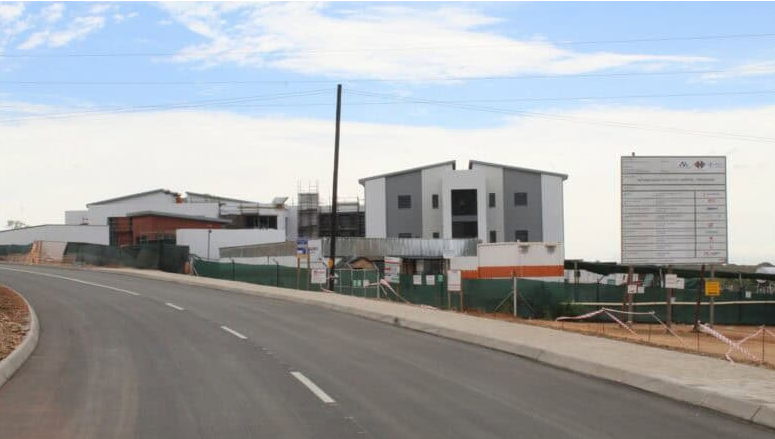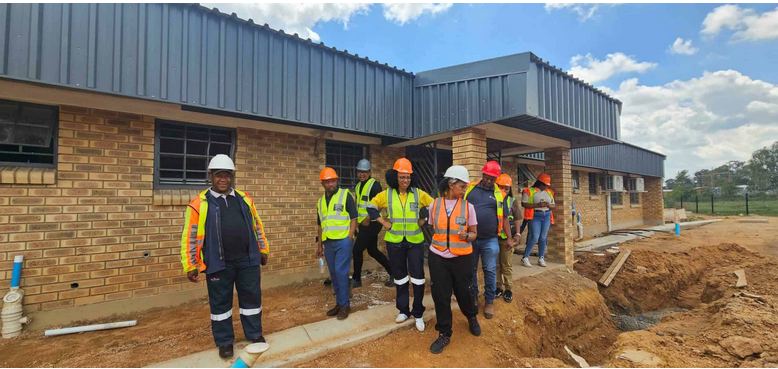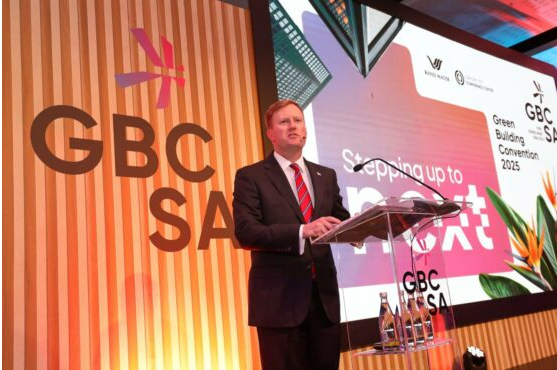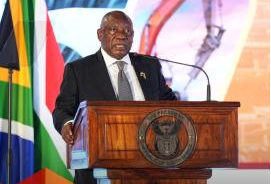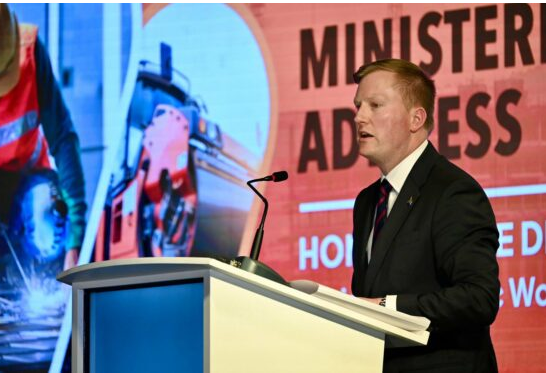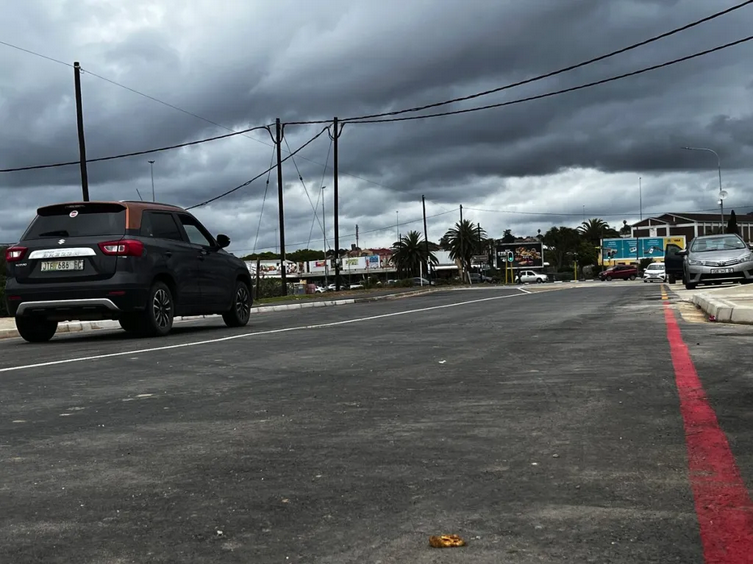Eskom plans to build 14,000km of new transmission lines at an estimated cost of R440bn
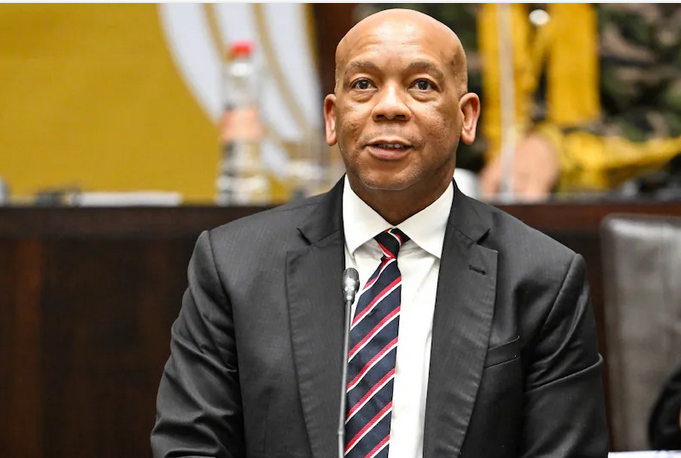
Advertising
18-11-2025
Read : 41 times
The Herald Online
Source
The electricity minister said nuclear energy will remain a cornerstone of the country’s baseload supply as it transitions to cleaner sources.
Eskom plans to build 14,000km of new transmission lines in the coming years at an estimated cost of R440bn, electricity and energy minister Kgosientsho Ramokgopa says.
He said the expansion is required to unlock new generation capacity particularly from renewables and strengthen the national grid.
It is also to connect people in remote rural areas.
“Part of the problem why we have not achieved universal access is the cost associated with connecting people because we have to build the backbone infrastructure, which is transmission lines. But if we have this technology, you can locate it closer to where people are. It’s going to help us participate in the nuclear industrialisation programme,” he said.
Ramokgopa was providing an update on key developments in South Africa’s nuclear energy programme on Sunday.
The minister also announced that Koeberg Unit 2 was granted a new operating licence on November 6, securing 1,860MW of combined output from the plant’s two reactors. “This will help bolster the grid and reduce the severity of load-shedding,” he said.
Ramokgopa said the updated Integrated Resource Plan (IRP) confirms that nuclear energy remains essential to supporting the accelerated rollout of wind and solar power. Koeberg’s licence extension adds 20 years to the life of the country’s only nuclear plant.
He also confirmed that the environmental approval for a new nuclear site at Duynefontein, near Koeberg, has been granted, paving the way for the first 2,400MW of a planned 5.2GW new nuclear build programme.
Additional potential nuclear sites in the Eastern Cape are under review.
“The nuclear is going to play a very crucial role in ensuring that we address the 600-million people on the continent that don’t have access to electricity, the industrialisation on the continent, and the need for us to beneficiate the critical minerals that are going to underpin the decarbonisation agenda which is going to rely on clean baseload technologies. And nuclear is going to feature significantly. So as a country, we say we’re not going to be left behind,” he said.
Ramokgopa also confirmed that the cabinet has approved the lifting of “care and maintenance” status on the Pebble Bed Modular Reactor (PBMR) programme, which was halted after the 2008–2009 financial crisis.
Outlining progress in managing nuclear waste, he said South Africa’s Nuclear Waste Disposal Institute, (NRWDI) will oversee a new central interim storage facility — a R2.1bn project designed to store spent fuel currently kept at Koeberg.
In the longer term, South Africa intends to develop a deep geological repository in line with international models.
He said nuclear energy will remain a cornerstone of the country’s baseload supply as it transitions to cleaner sources.
“We have made mistakes before, and those mistakes led to load-shedding. Now we are planning better, investing in research and development, and positioning South Africa to reclaim its rightful place as a leader in nuclear technology.”
Recent News
Here are recent news articles from the Building and Construction Industry.
Have you signed up for your free copy yet?
